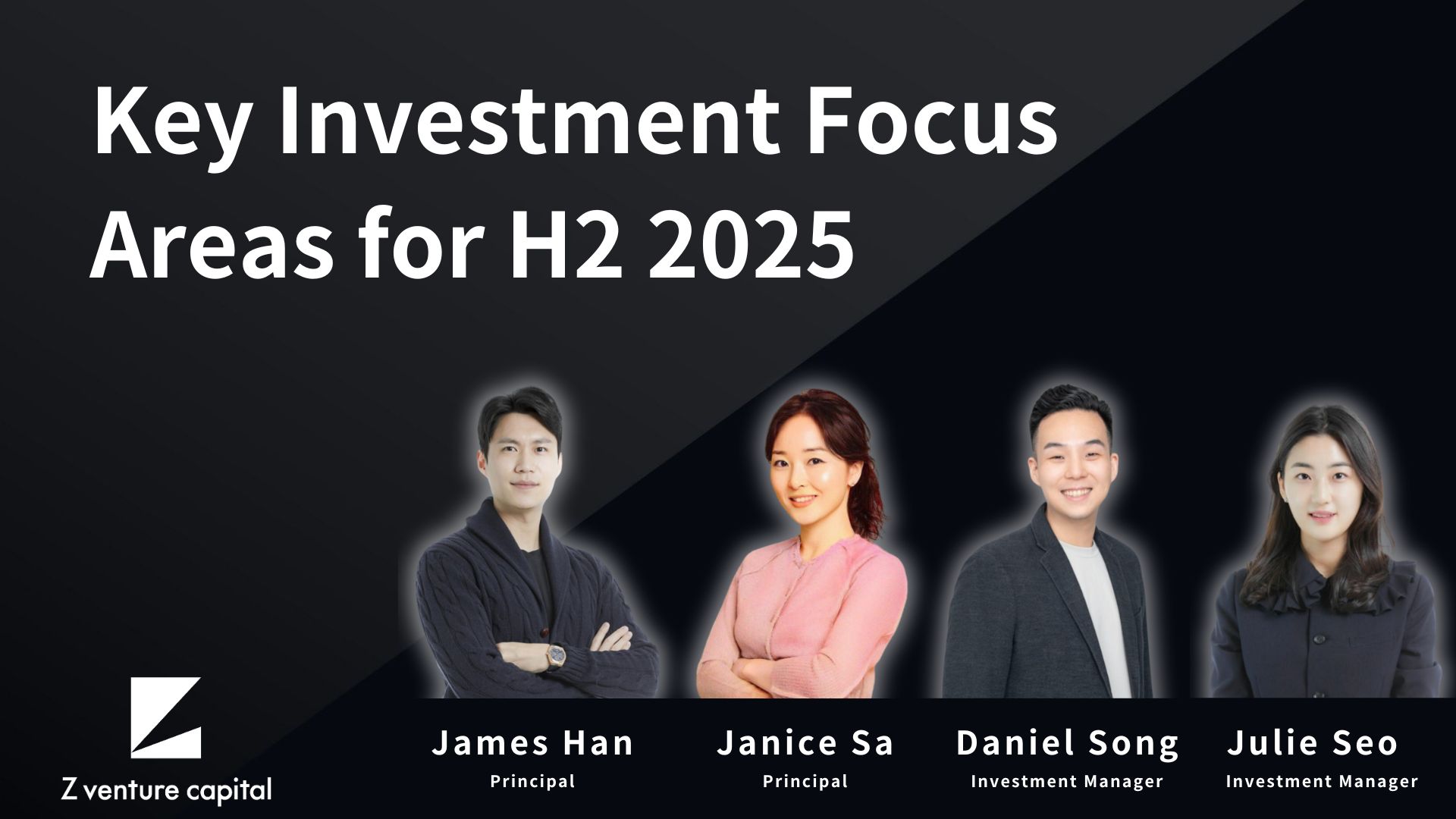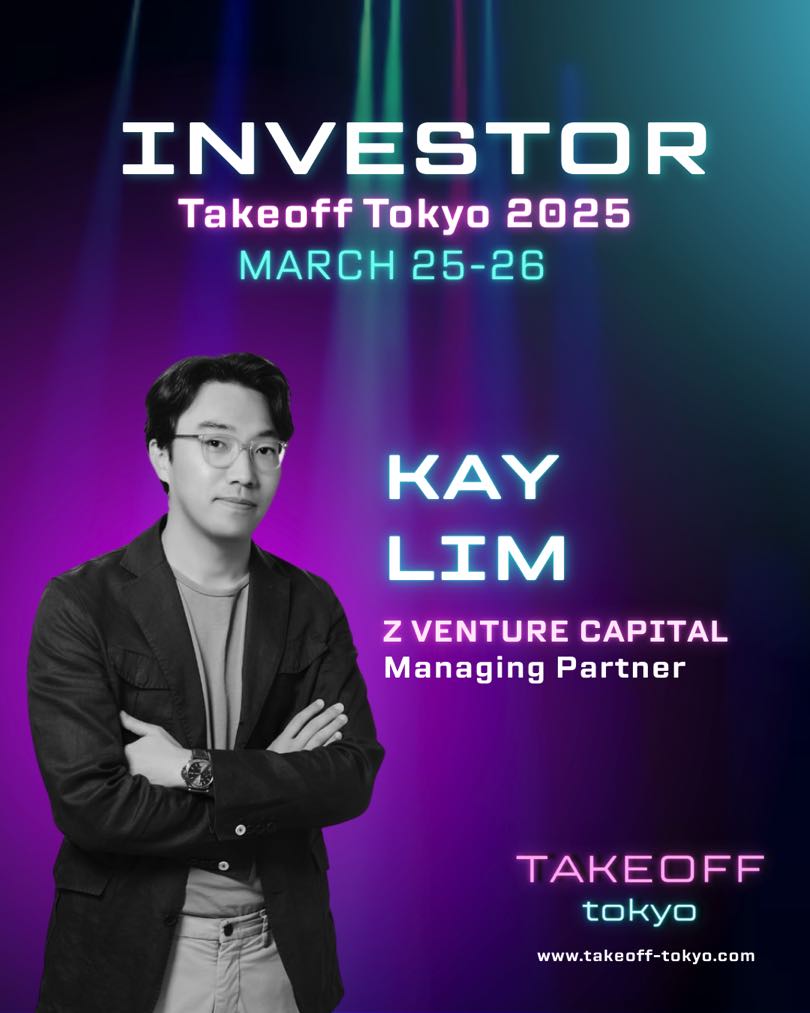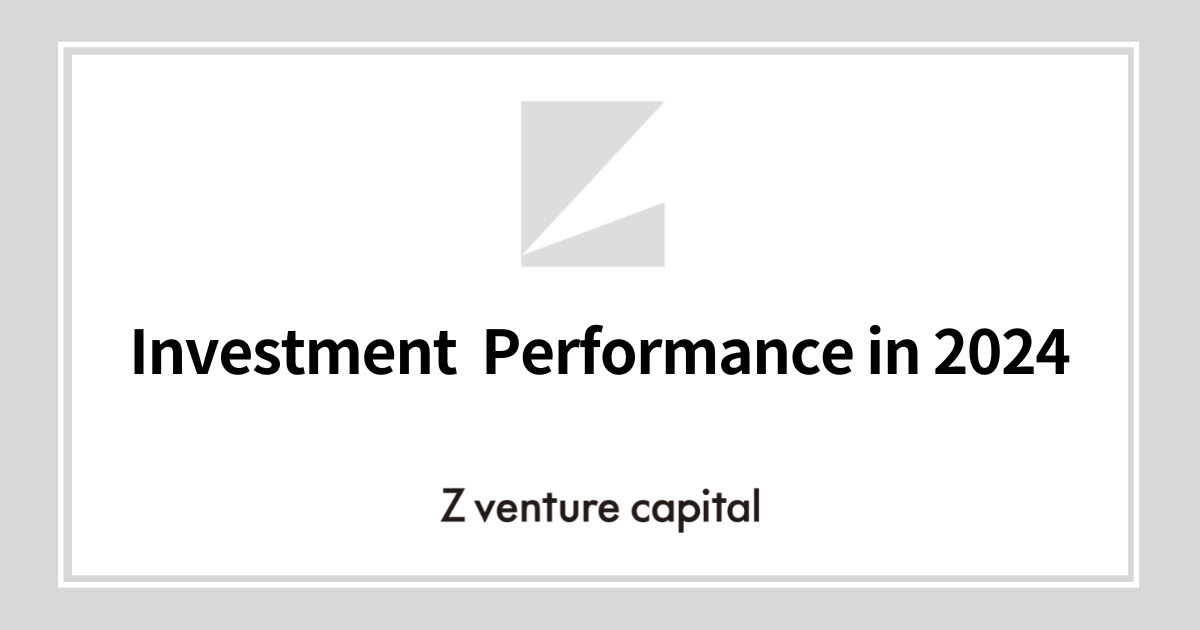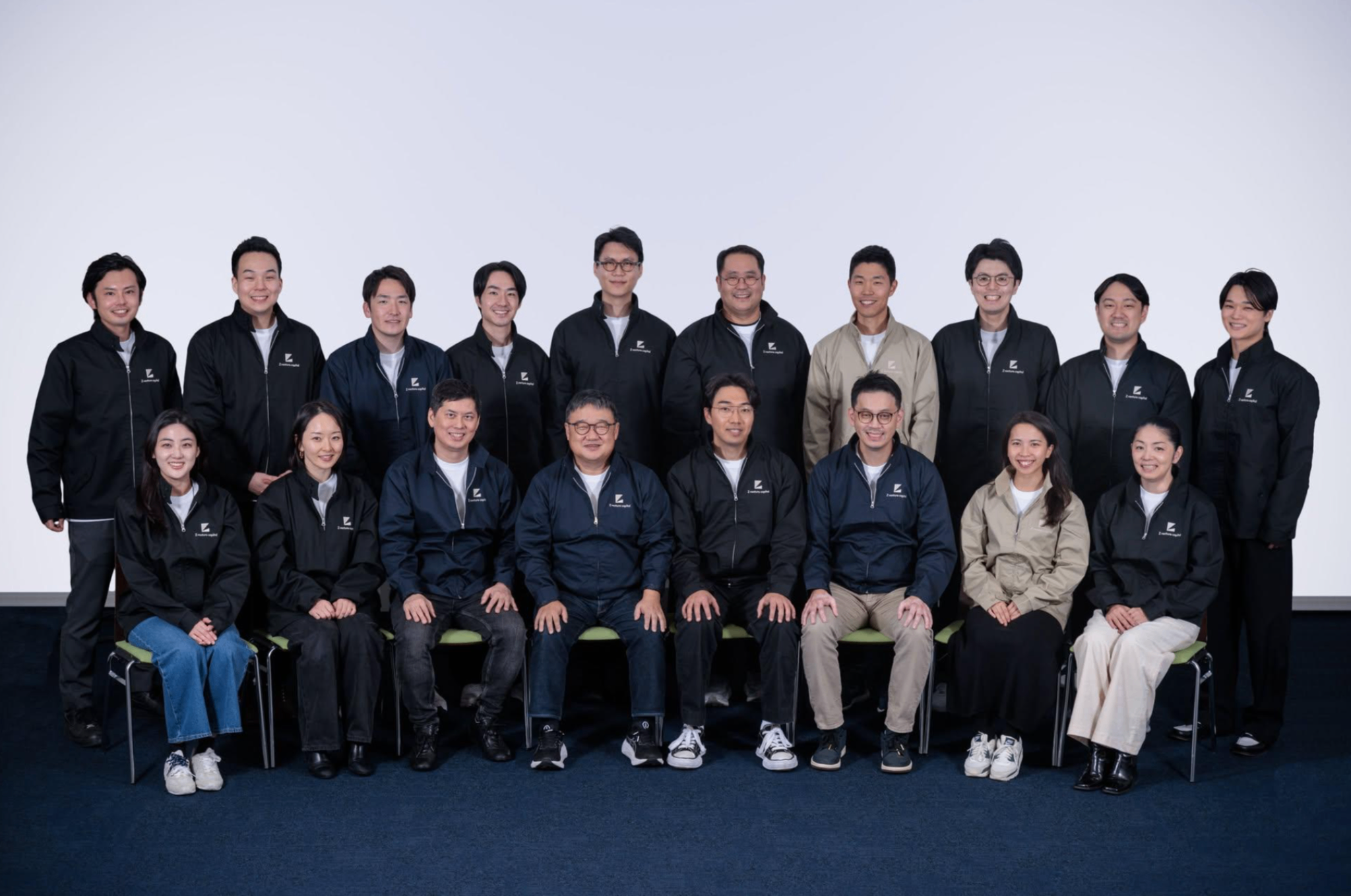
Key Investment Focus Areas for H2 2025 / Korea
In January 2025, Z Venture Capital (ZVC) launched its second fund—ZVC Fund II—with a total size of approximately 30 billion yen. Within just six months, we’ve made around 20 new investments through the fund, spanning our key focus areas such as AI, media, commerce, and fintech. We’ve also begun actively investing in deep tech, including startups in the space sector.
So, where are ZVC's investment members seeing the most potential right now? What themes are we doubling down on? In this new column series, “Key Investment Focus Areas for H2 2025,” our team members from Japan, Korea, and the U.S.—ZVC’s core hubs—will share the trends and sectors we’re most excited about heading into the second half of the year. We hope this series leads to new conversations and connections with startups around the world. This final installment features insights from Korea.

Forging Global Titans: Our Thesis on Korea's Foundational Technology Edge
Our investment thesis is centered on identifying and scaling the foundational technologies that will serve as the cornerstone of the next generation of intelligent and automated networks. We believe the most durable value is created at the nexus of massive market dislocations, driven by profound technological and societal shifts. We are not merely targeting applications, but the critical enabling technologies that power them, thereby creating a portfolio of cross-cutting platforms with diversified impact.
The global landscape is being fundamentally reshaped by two concurrent forces: the integration of artificial intelligence and automation into every industrial sector, and societal megatrends like aging demographics and the urgent need for supply chain resilience. These shifts are generating massive, non-linear opportunities across a wide spectrum of sectors—extending beyond IT-based industries into manufacturing, logistics, healthcare, and culture. Our focus is on the essential "picks and shovels" for this new era—the core technologies that will form the bedrock of these transformed industries.
We champion a “Make in Korea — Go Global” strategy, leveraging South Korea’s unique competitive advantages. The nation’s world-class engineering talent, sophisticated manufacturing infrastructure, and hyper-connected market create an unparalleled environment for developing and battle-testing complex technologies. Robotics serves as our archetypal example: Korean companies can perfect the intricate integration of hardware and software in a demanding local environment before exporting these proven solutions to a global customer base. By backing Korean entrepreneurs who build foundational technologies for a global audience from day one, we aim to cultivate category-defining companies destined to become the new infrastructure titans of the 21st century. This approach allows us to build robust, globally competitive companies on a foundation of Korean ingenuity and industrial prowess.
If you’re an entrepreneur pioneering a venture or protocol at the intersection of technology and social impact, we’d be delighted to exchange ideas.

(Korea) From Seoul to the World: Building Cross-Border Success with ZVC
Korea's domestic B2C market is nearing saturation, dominated by conglomerates and unicorns, while the B2B market remains limited in scale. It’s only natural that a growing number of startups now pursue global opportunities from Day 1.
However, global success requires more than ambition or a strong team. That’s why truly successful global cases remain rare. We believe multidimensional support is essential to unlocking opportunities beyond what startups can achieve on their own.
With long-standing, on-the-ground networks across Japan, Southeast Asia, and the U.S., we aim to be a hands-on investor driving real cross-border growth. We are seeking tech startups with clear go-to-market strategies for Japan, Thailand, or Taiwan—where LY Group’s platform can create meaningful, mutual value and enable tangible win-win outcomes.
We’re looking for founders ready to build cross-border success stories with us.
(SEA) Backing the Next Wave of Fintech Innovation
We remain cautiously optimistic about Southeast Asia’s venture landscape—particularly in fintech.
Our core focus is the SME credit gap—one of the region’s most persistent and underserved problems. Despite being the economic backbone, SMEs are often excluded from traditional financing due to perceived risk and lack of formal credit history. While first-generation fintechs have made progress, there is still ample room for new, smarter players to make a broader impact.
At ZVC, we back bold, scalable solutions to close this financing gap. We focus on early-stage teams tackling structural challenges with distinctive, unfair advantages. We look for founders who combine sharp business models with strong moats—those who pair ambition with execution and are poised to drive lasting impact across Southeast Asia.

Scaling Outward: Southeast Asia’s Growing Wave of Global-First Businesses
Southeast Asia is emerging as a region where more local companies are maturing and actively pursuing global opportunities. Improved logistics, digital infrastructure, and growing regulatory alignment around payments and trade have created a far more supportive environment for expansion. As a result, international growth is becoming less of an exception and more of a strategic default for many of the region’s most ambitious businesses.
This momentum is underpinned by a decade of progress in digital financial infrastructure. Cross-border payments, multi-currency wallets, and embedded financial APIs are now widely accessible, helping companies enter new markets faster and more efficiently. But while these tools have lowered the barriers to international entry, they haven’t solved the operational complexity that comes with multi-market scale.
As this core infrastructure becomes more mature and commoditized, the next wave of fintech innovation will come from startups building on top of it. The opportunity is no longer in how money moves between countries, but in how it moves within businesses—across currencies, entities, markets, and systems. The real need today is for orchestration: tools that manage financial flows, automate treasury decisions, embed financing directly into workflows, and handle regulatory compliance seamlessly in the background.
These aren’t infrastructure plays—they’re intelligence layers that turn fragmented systems into real-time decision-making engines. The most valuable solutions will be those that integrate directly into the platforms businesses already rely on—ERPs, commerce stacks, and internal operations—delivering greater speed, visibility, and control without adding complexity.
At ZVC, we’re focused on backing this next generation of fintech builders—founders creating clarity from complexity and helping Southeast Asia’s global-first businesses grow with confidence. If you're building in this space, we’d love to connect.

Korea as a Launchpad for Global Breakthrough
Historically, Korea’s rapid economic growth has resulted from export-led development. Despite its small geographical size, the country’s densely populated urban areas, highly advanced telco infrastructure, widespread internet and high smartphone penetration make it a powerful testbed for global tech companies.
Culturally, Korea’s “ppalli-ppalli” (fast-paced) mindset, high educational attainment, and quick technological adoption have cultivated an environment where unicorns emerge and expand globally.
While AI and robotics are catalyzing rapid shifts and change in dynamics across industries, we believe Korea’s core fundamentals—the same ones that built globally dominant companies like Samsung, SK Hynix, Hyundai, etc.—remain intact. As of 2024, Korea ranks as the world’s 3rd largest cosmetics exporter, behind only France and the U.S.; Samsung maintains a top-tier global market share in smartphones, TVs, and memory chips. SK Hynix is establishing a strong foothold, driven by the growing demand for AI and high-performance computing. Hyundai/Kia jointly rank 3rd globally in auto sales.
These are not isolated victories, but proof of Korea’s ability to nurture category leaders. Our investment focus is on founders who leverage Korea’s legacy positioning as a proving ground to solve unmet needs and scale into global top players.
Demographic shifts further create opportunities for new businesses. Korea became a “super-aged” society in 2024, with over 20% of its population above 65. As life expectancy increases and tech-savvy generations age, active seniors will demand more diverse consumption and lifestyle services. Meanwhile, single-person households have risen from 29% in 2018 to 36% in 2023, reshaping housing demand and consumer behavior. We seek founders who understand these structural shifts—driven by aging, shrinking households, and changing social norms—and who design businesses with global scalability from inception.
Korea offers the unique combination of tech-forward consumers, global market precedents, and evolving demographic needs. We invest in founders that harness these momentum to build the next generation of global leaders.
 Share
Share Share
Share Share
Share


